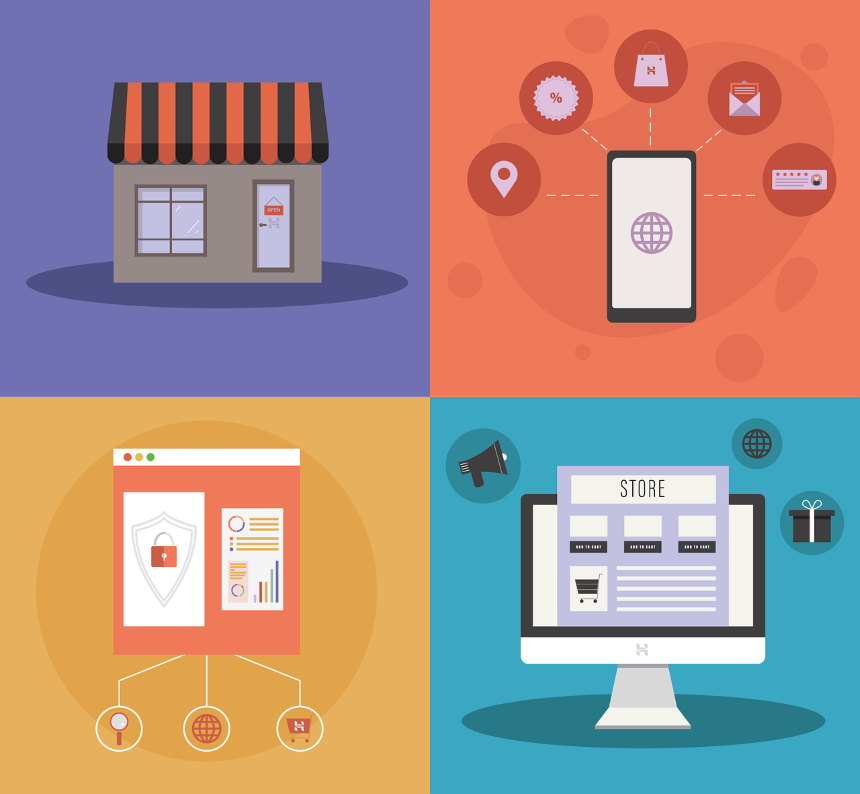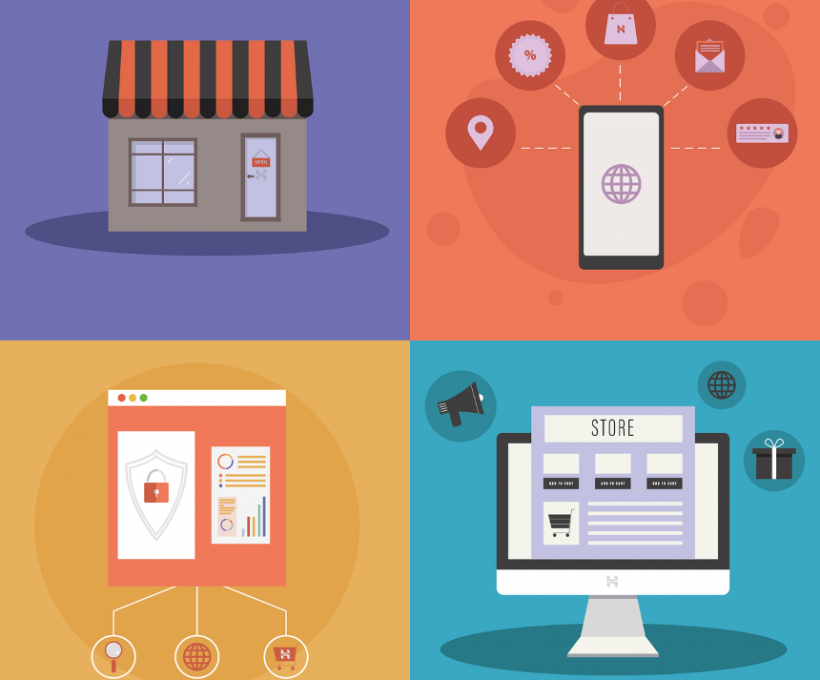E-commerce is any form of business transaction conducted online. This often refers to online retail, but e-commerce also includes online auctions, payment gateways, internet banking and many others.
Since its inception, e-commerce platforms around the world have seen a huge surge in transactions to the point where some physical stores have been closing.
Further impacted by the COVID-19 pandemic, e-commerce has become a mainstay in people’s lives due to its convenience, ease of use and increased access to the Internet.
Malaysia’s e-commerce market is expected to reach RM51.6 billion by 2024, according to analytics by GlobalData.

The sudden lockdown measures in the country meant that quite a few of us spent our time at home browsing through various online retail websites.
Shopee led the pack as the most clicked e-commerce website in the country, followed by Lazada and PG Mall in 2020.
Online shopping is now the new norm, with a rising number Malaysian micro, small and medium-sized enterprises (MSMEs) and traditional businesses operating online either on their own, or with government support.
As more consumers shy away from brick-and-mortar shops, numerous initiatives are being carried out to help traditional businesses and micro-enterprises go digital.

Lazada Malaysia has helped welcome more than 17,000 new small and medium-sized enterprises (SMEs) through its Pakej Kedai Pintar stimulus programme from April to June 2020, with its second edition launched in mid-January this year.
The Malaysian Government has been encouraging local online demand by launching digital campaigns such as “Buy Malaysia” and #SayaDigital.
E-commerce can boost the sales of MSMEs by diversifying their income streams to stay afloat during lockdowns.
Online grocery shopping saw a surge during the pandemic, as many saw it as a safer option compared to going out.
Supermarkets like Jaya Grocer, MyGroser and Lotuss (formerly Tesco) offer online shopping and delivery of groceries.
E-hailing giant Grab has also gotten in on the online grocery shopping boom by launching GrabSupermarket, its very own full-sized supermarket in Malaysia. At the time of writing, it’s only available for consumers in Petaling Jaya.
Besides availability and the desire for better deals online, customers are also looking to buy more sustainably and support local businesses.

Saratage.com, which was launched by Centre of Technical Excellence Sarawak (CENTEXS) in 2020, offers Sarawakian heritage products for sale online, such as keringkam, songket, woven products and other handmade goods.
The Sarawak Government has introduced several e-commerce platforms to help local entrepreneurs.
One of them is ePreneurs by the Sarawak Women and Family Department (JWKS) to help women entrepreneurs sell their products to a wider audience and to enable these women to sustain themselves financially.
In addition, Ministry of International Trade and Industry, Industrial Terminal and Entrepreneur Development (MINTRED) Sarawak is looking to roll out its own e-commerce platform soon.
E-commerce is a growing industry and shows no signs of slowing down for the foreseeable future, especially as we head into an increasingly digitalised economy.
Read more: Selling on an online marketplace
Read more: Taking advantage of e-commerce
Read more: Leveraging on technology for e-commerce
Image by WilliamsCreativity from Pixabay.




